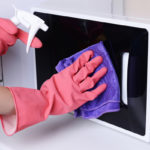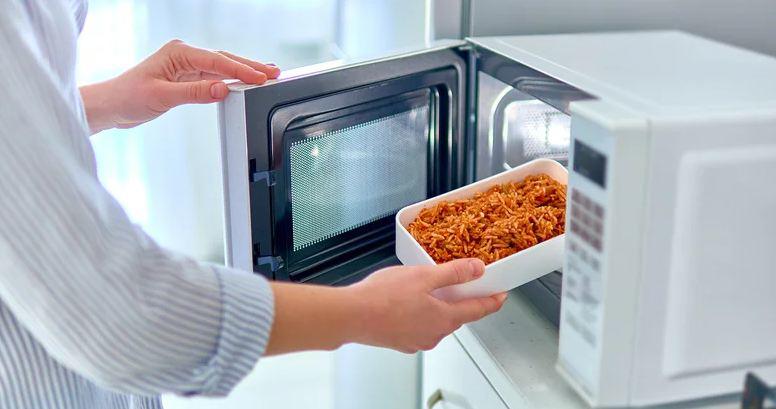
Should You Keep the Microwave Door Open or Closed After Use?
There are differing opinions on whether to keep the microwave door open or closed after use. Some people argue that closing the door immediately keeps the living space tidy and prevents dust and insects from entering the appliance. Others suggest that opening the door allows heat, moisture, and food odors to escape.
Ben Hilton, a 30-year veteran in the field of home and kitchen appliance care in the US, advises against keeping the microwave door open after use. According to Hilton, doing so can damage the door hinges and the interlock switch if someone accidentally bumps into it.
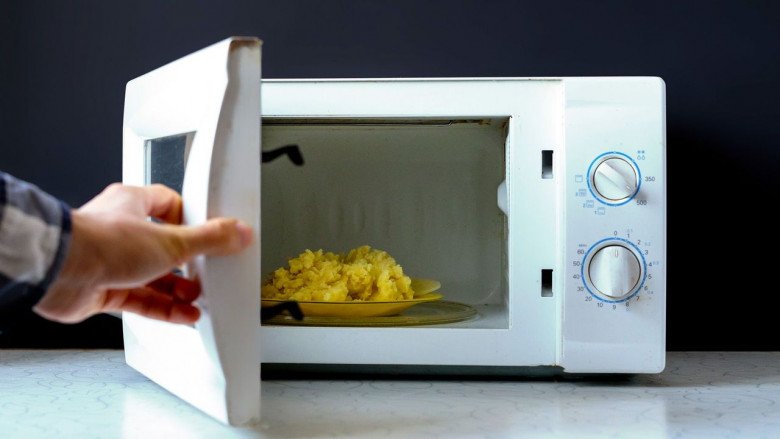
Additionally, leaving the microwave door open wastes energy, especially if the appliance has an interior light that stays on. This is not only inefficient but also costly in terms of energy consumption.
Therefore, it is recommended to keep the microwave door closed after heating food. If you are concerned about odors, moisture, or dirt inside the microwave, simply wipe down the interior with a soft cloth or paper towel after each use before closing the door.
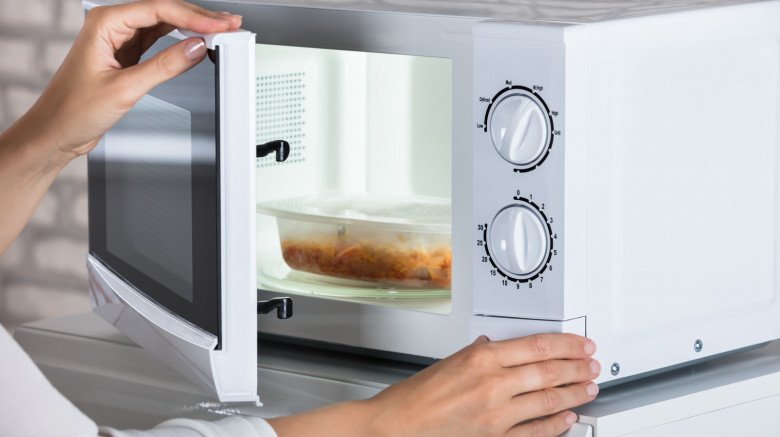
Common Mistakes When Using a Microwave That Shorten Its Lifespan
Opening the Microwave Door During Use
Microwaves generate and emit a significant amount of heat. Opening the door while it is in use can cause a sudden release of heat, potentially burning the person opening it. Additionally, food being heated can splatter out, causing injury. It is best to avoid this unnecessary action and only open the door when the microwave signals that the cycle is complete.
Placing the Microwave on Top of the Fridge or Oven
While it may seem convenient to save space by placing the microwave on top of the fridge or oven, this practice reduces the lifespan of electronic appliances. All these appliances generate heat during operation, and insufficient heat dissipation can damage the electronics. Furthermore, in the event of a fire or explosion, the stacked arrangement can make it challenging to control the situation and may put other appliances and surrounding areas at risk.
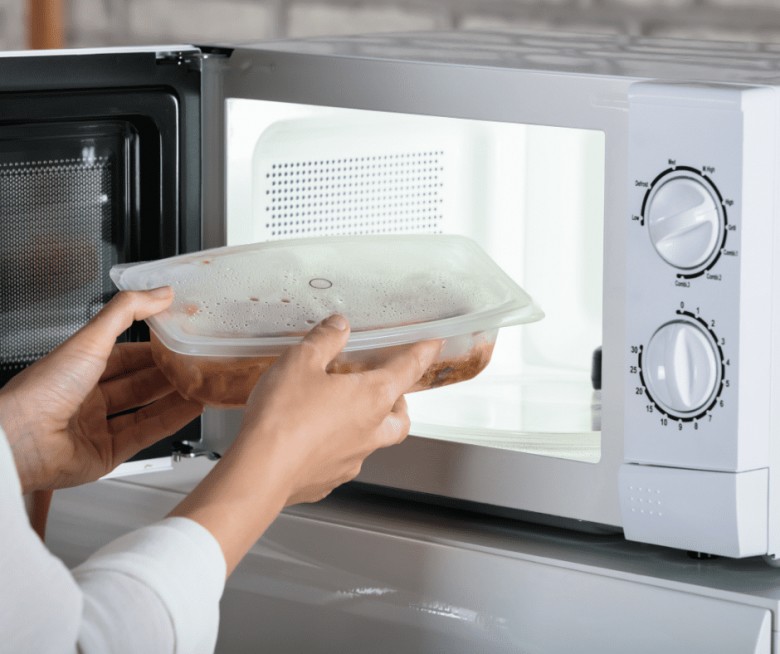
Using the Microwave for Sterilizing Cloth Items
While it may be tempting to use the microwave for sterilizing cloth items like towels, clothes, or tablecloths, it is not advisable. High temperatures can lead to fire and explosion hazards.
Using Incompatible Food and Containers
Not all foods and containers are suitable for microwave use. Canned foods, bottled water, whole eggs, and hard-shelled animals should be avoided as they can alter flavors, reduce nutritional value, or even explode. It is also unsafe to heat liquids like soup or broth in the microwave, as they can superheat and explode. Only use microwave-safe containers and avoid plastic wrap, foam containers, and plastic bags.
Lack of Regular Cleaning
Failing to clean the microwave regularly allows food residue and grease to build up, causing odors and reducing the appliance’s lifespan. The frequency of cleaning depends on usage. For daily use, clean the microwave once a week. If used every other day, clean it once every two weeks, and for occasional use, clean it once a month.





























